Create a new empty C++ Windows console application in Visual Studio 2022.
Add a "main.cppm" file and populate it with this:
import <sstream>;
int main()
{
std::stringstream ss;
ss << "Hey world!";
return 0;
}
It should compile and run fine (though it doesn't do anything useful).
Now comment that out and change the code to this:
//import <sstream>;
import <iostream>;
int main()
{
std::cout << "Hello world!" << std::endl;
//std::stringstream ss;
//ss << "Hey world!";
return 0;
}
Again, it compiles and runs fine and we see "Hello world!" on the console.
But now uncomment the commented lines:
import <sstream>;
import <iostream>;
int main()
{
std::cout << "Hello world!" << std::endl;
std::stringstream ss;
ss << "Hey world!";
return 0;
}
This will NOT compile, giving the following errors:
E0070 incomplete type is not allowed
(referring to stringstream)
E0349 no operator "<<" matches these operands
E3365 incomplete class type "std::basic_stringstream<char, std::char_traits<char>, std::allocator<char>>" is not allowed
and the following message:
Local variable is not initialized
(referring to the ss variable)
It compiles fine if I:
#include <sstream>andimport <iostream>;, or#include <iostream>andimport <sstream>;, or#include <iostream>and#include <sstream>;.
But I CANNOT import <iostream>; and import <sstream>; at the same time.
Can anyone explain why, or know how to import both? I suspect this has to do with a dependency between the two, but I'm not sure.
